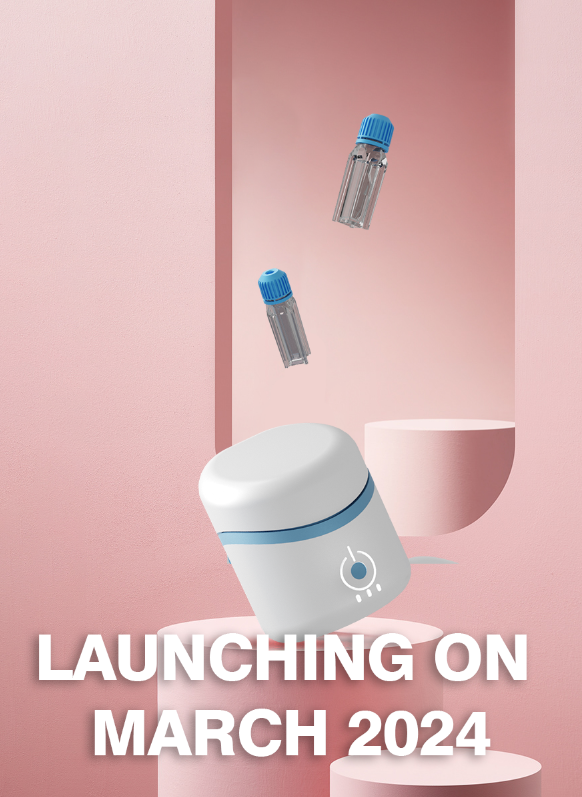
A Morning Urine Test: Revolutionizing Early Detection in Diabetic Kidney Disease
The interplay between diabetes and kidney health is a concern for millions worldwide. As diabetes continues to be a prevalent chronic illness, its complications, especially diabetic kidney disease, pose significant health risks. However, a recent study published in the Journal of the American Society of Nephrology (JASN) brings new insights into early detection methods, emphasizing the effectiveness of a morning urine test over other traditional tests for monitoring kidney function in patients with diabetic kidney disease.
Understanding the Importance of Early Detection
Kidney failure is a severe complication of chronic kidney diseases (CKD), which often associates with long-standing diabetes. The kidneys, vital organs in filtering waste from the blood, begin to deteriorate, often signaled by proteinuria - the presence of excess protein in urine. Early detection of kidney damage can prevent the progression to stage 5 kidney disease, the most advanced form of CKD requiring dialysis or transplantation.
The Study and Its Findings
The study, spearheaded by Dr. Hiddo Lambers Heerspink of the University Medical Center Groningen, assessed various proteinuria measures to predict worsening kidney problems. The researchers focused on individuals with type 2 diabetes and kidney disease, examining four different methods of urine protein measurement. Notably, the albumin:creatinine ratio from a first morning urine sample emerged as the superior method for predicting kidney problems, offering a convenient and accurate alternative to the cumbersome 24-hour urine collection.
Why First Morning Urine Sample?
The first morning urine sample stands out for several reasons:
- Convenience: It eliminates the need for 24-hour urine collection, simplifying the process for patients.
- Accuracy: It provides a reliable measure of the albumin:creatinine ratio, an important indicator of kidney health.
- Early Intervention: By enabling easier and more frequent monitoring, it facilitates early detection and intervention, potentially slowing the progression of kidney disease.
Implications for Clinical Practice
The implications of these findings are significant. With kidney disease being a common complication of type 2 diabetes, improving early detection methods is crucial. The convenience and efficacy of the morning urine test mean that more patients are likely to adhere to regular monitoring, leading to earlier interventions and better management of kidney health.
The study advocates for clinicians to adopt the first morning albumin:creatinine ratio test as a standard practice in monitoring kidney function, particularly in patients with type 2 diabetes. This approach aligns with the survey findings showing a need for clearer communication and more accessible methods in managing and understanding kidney disease risks.
Conclusion
The study presents a compelling case for the morning urine test as a preferred method for detecting declining kidney performance in patients with diabetic kidney disease. As the medical community continues to seek better ways to manage and prevent complications associated with diabetes, such innovative research is a beacon of hope. It underscores the importance of early detection and provides a practical solution for both patients and healthcare professionals in the fight against kidney disease.
This research highlights not just a scientific advancement but also an opportunity to improve the quality of life for millions of individuals with diabetes. It's a reminder of the ongoing need for vigilant monitoring, patient education, and continued research to combat the widespread impact of diabetic kidney disease.

